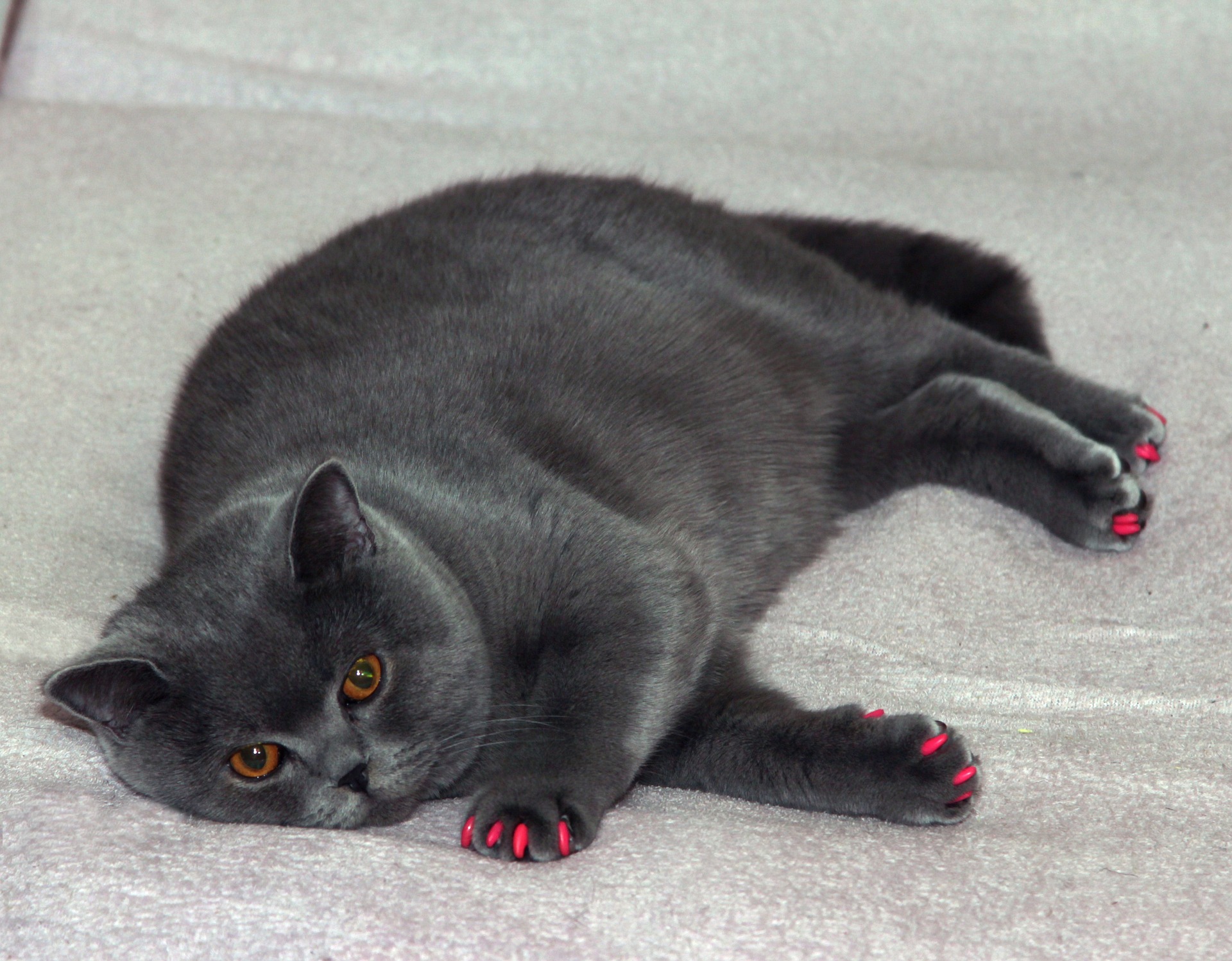As cat owners, it’s natural to want the best for our feline friends, including their health and well-being. One common issue that affects many cats today is obesity. Recognizing whether your cat is overweight is the first step in addressing their health needs. We’re here to help you understand how to identify if you have an obese cat and what steps you can take to help them achieve a healthier weight.
What is an Obese Cat?
An obese cat is significantly overweight, with excess body fat that can impact their health and quality of life. Obesity in cats is typically assessed using a body condition score (BCS), which evaluates the amount of fat covering their ribs, spine, and overall body shape. A cat with a BCS of 8 or 9 (on a scale of 1-9) is considered obese.
Signs Your Cat Might be Obese
Visible Fat Pads: When looking at your cat from above, you may notice prominent fat deposits along their back, sides, and abdomen. These fat pads can give your cat a rounder or wider appearance.
Difficulty Feeling Ribs: Ideally, you should be able to feel your cat’s ribs with gentle pressure. If you have trouble feeling their ribs due to a thick layer of fat, your cat may be overweight.
Sagging Belly: An obese cat may have a noticeable sagging or hanging belly, especially when viewed from the side.
Decreased Activity: Obesity can lead to reduced activity levels in cats. Your cat may be less inclined to play, jump, or engage in physical activity compared to when they were at a healthier weight.
Difficulty Grooming: Cats may have difficulty grooming hard-to-reach areas due to their size and reduced flexibility caused by excess weight.
Health Risks of Obesity in Cats
Obesity in cats can lead to several health problems, including:
Diabetes: Obese cats are at higher risk of developing diabetes mellitus, a condition that requires lifelong management.
Joint Issues: Excess weight puts strain on your cat’s joints, potentially leading to arthritis and mobility problems.
Heart and Respiratory Issues: Obesity can strain the heart and lungs, reducing your cat’s overall fitness and quality of life.
Lowered Immune Function: Obesity may compromise your cat’s immune system, making them more susceptible to infections and illnesses.
How to Help Your Obese Cat
Consult with Your Veterinarian: Schedule a veterinary check-up to assess your cat’s weight and overall health. Your vet can determine if your cat is overweight, discuss potential health risks, and create a weight loss plan tailored to their needs.
Adjust Their Diet: Feed your cat a balanced and portion-controlled diet that meets their nutritional needs. Your vet may recommend a specific weight management food or portion sizes to help your cat lose weight safely.
Encourage Exercise: Engage your cat in regular play sessions using interactive toys to encourage physical activity. Gradually increase playtime to help them burn calories and improve muscle tone.
Monitor Their Progress: Keep track of your cat’s weight loss progress and adjust their diet and exercise regimen as needed. Regular weigh-ins at the vet can help monitor their health and ensure they are on the right track.
Provide Emotional Support: Weight loss can be challenging for cats too. Provide affection and positive reinforcement during their weight loss journey to keep them motivated and happy.
At Alta Vista Animal Hospital, we’re committed to supporting you and your cat with expert veterinary care and guidance. If you have any concerns about your cat’s weight or need assistance with a weight loss plan, don’t hesitate to reach out to us. Together, we can ensure your cat achieves and maintains a healthy weight for years to come.
Remember, a healthy weight is key to a purr-fectly happy cat!




